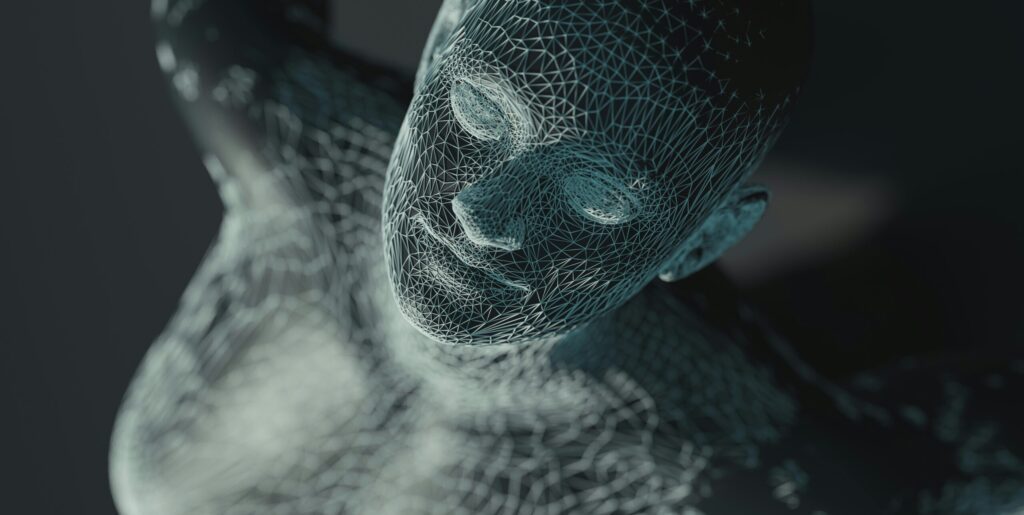The rapid advancement of artificial intelligence (AI) and deepfake technology has introduced unprecedented challenges to the entertainment industry, particularly concerning the manipulation of celebrity identities. Deepfakes—hyper-realistic videos or images generated by AI that depict individuals saying or doing things they never did—have become increasingly prevalent, raising significant ethical, legal, and societal concerns.
The Rise of Deepfakes in Celebrity Culture
Celebrities have become prime targets for deepfake creators, who exploit their likenesses without consent for various purposes, including fake endorsements, political statements, and explicit content. This misuse not only damages the reputations of public figures but also erodes public trust in digital media. The sophistication of deepfake technology makes it challenging for audiences to distinguish between authentic and fabricated content, amplifying the potential for misinformation.
Scarlett Johansson’s Advocacy for AI Regulation
Actress Scarlett Johansson has been vocal about the dangers of AI misuse following the circulation of a deepfake video that falsely depicted her and other Jewish celebrities protesting against Kanye West’s antisemitic remarks. Johansson condemned the unauthorized use of her likeness and called for legislative action to regulate AI technology. She emphasized the need for clear laws to protect individuals from such violations, highlighting the broader implications for privacy and consent in the digital age.
Legal and Legislative Responses
In response to growing concerns, lawmakers have introduced measures to combat the misuse of deepfake technology. The “Take It Down Act,” signed into law in May 2025, criminalizes the distribution of non-consensual intimate imagery, including AI-generated deepfakes. This bipartisan legislation imposes federal penalties on individuals who share such content and requires social media platforms to remove flagged material promptly. Additionally, the proposed “No Fakes Act” aims to protect individuals from unauthorized AI-generated content by holding creators and distributors accountable while preserving First Amendment rights.
Ethical Implications and Public Awareness
The ethical considerations surrounding deepfakes extend beyond issues of consent and privacy. Experts argue that the proliferation of AI-generated content challenges the very notion of authenticity in media, making it increasingly difficult for audiences to discern truth from fabrication. This uncertainty can lead to misinformation, defamation, and erosion of public trust in digital platforms. Raising public awareness about the existence and risks of deepfakes is crucial in mitigating their impact and fostering a more informed society.
Looking Ahead: Balancing Innovation and Protection
While deepfake technology offers innovative possibilities in fields such as entertainment and education, its potential for misuse necessitates a balanced approach that safeguards individual rights without stifling technological advancement. Ongoing dialogue among technologists, lawmakers, and the public is essential to develop frameworks that address the ethical and legal challenges posed by AI-generated content. As technology continues to evolve, so too must our strategies to ensure its responsible use.


